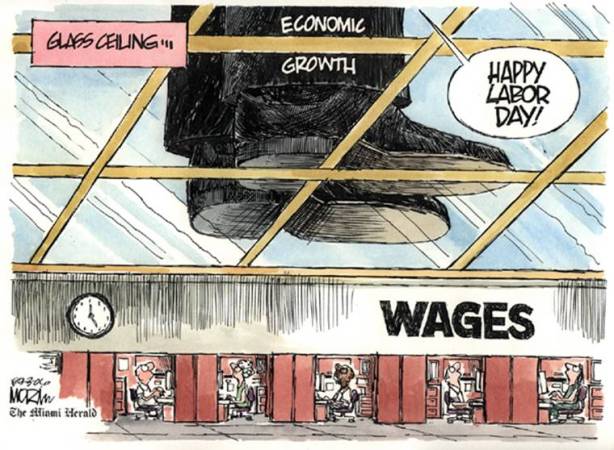Although adjuncts and contingent faculty know what "adjunct work" is and what it is like, our "lived experience" knowledge tends to the anecdotal, validity-as-data overlooked and discounted. The perceptions and conventional wisdom held and bandied about by non-academics, even academics and administrators, are often inaccurate. That's putting it kindly.
To remedy this information gap big enough to hide battleships in,
CAW (not a crow calling but acronym for the
Coalition on the Academic Workforce, a group of disciplinary and professional associations and faculty unions -- is undertaking a major documentation effort to verify and record the working conditions and needs of adjuncts. Laying bare unacceptable but accepted working conditions that non tenure track faculty face daily is Too many adjuncts and their supporters find complaints rebuffed by administrators citing "the happy adjunct" myth, examples (real for a minority but not the group at large) of adjuncts who love being adjuncts, or who aren't worried about health insurance or retirement benefits because they have other, full-time jobs. Mainstream media lap it up too and pass it on, spreading the misinformation of mass
Respected and much-cited national databases on academic working conditions habitually focus on full-time, generally tenure-track professors but fall short on information about the real majority at many if not most institutions.
Robert Townsend, assistant director of research and publications for the
American Historical Association, a coalition members, explains the current survey: "Although the majority of U.S. faculty are now off the tenure track, information about their working conditions is sorely lacking. Most of the limited data that exist on the working conditions of the contingent academic workforce are too generic to be of much use in really understanding how these professionals are being compensated and treated."
Get counted: take this direct link to the survey,
http://www.surveymonkey.com/s/VNNNRVS
Coalition for Academic Workforce,
http://www.academicworkforce.org/members.html
Complete article in Inside Higher Ed,
http://www.insidehighered.com/news/2010/09/27/adjuncts
Hat tip to NFM Board Member Peter Brown for sharing





